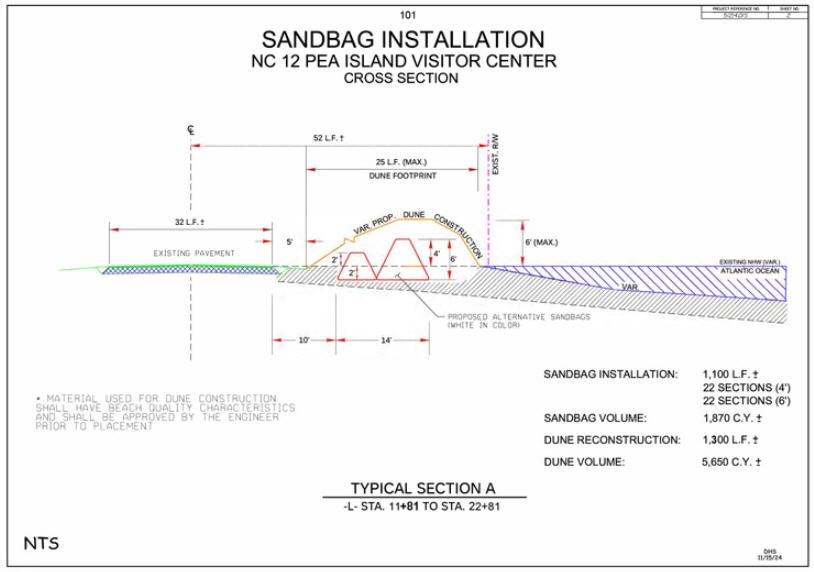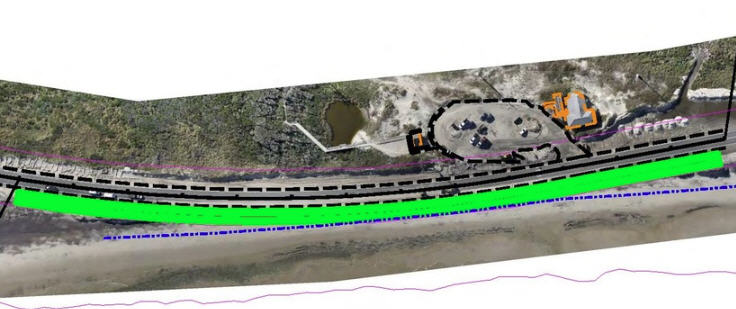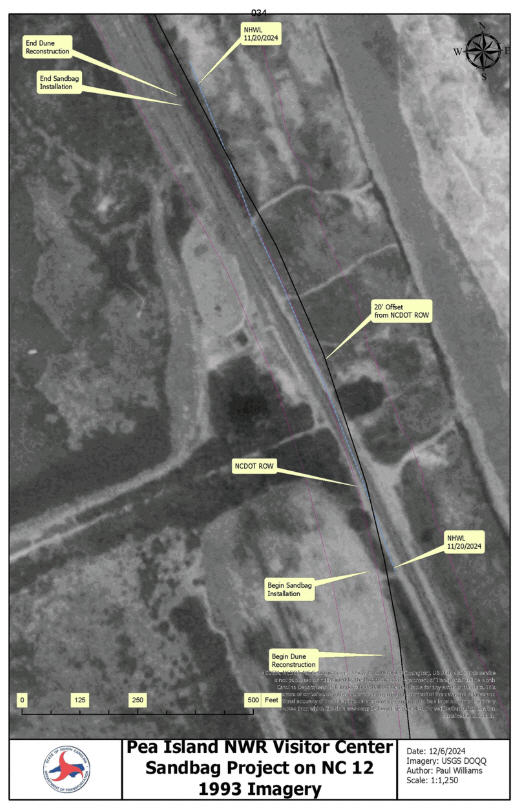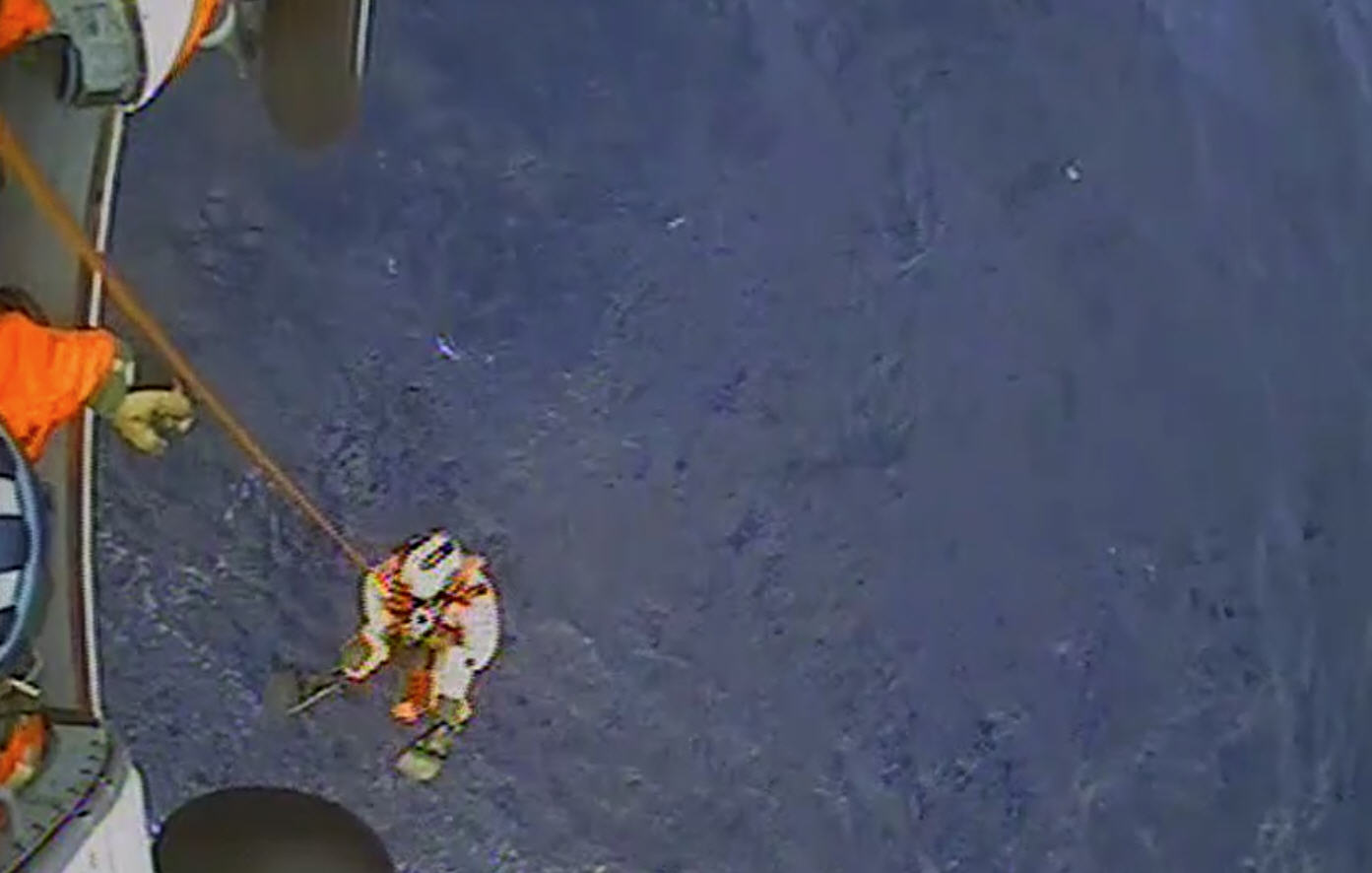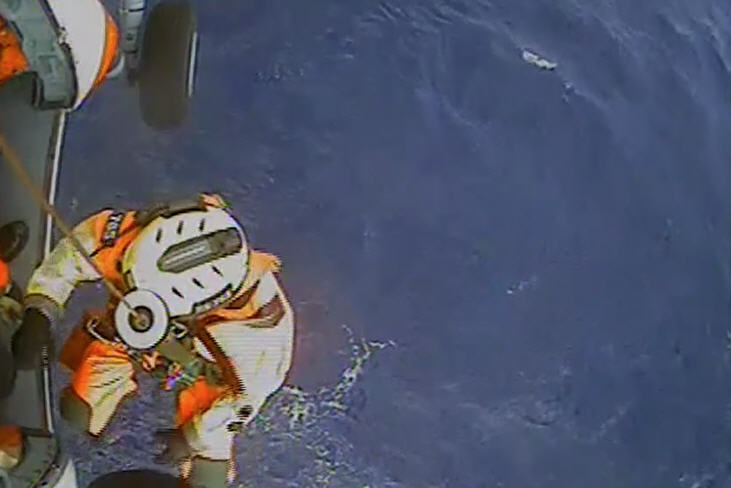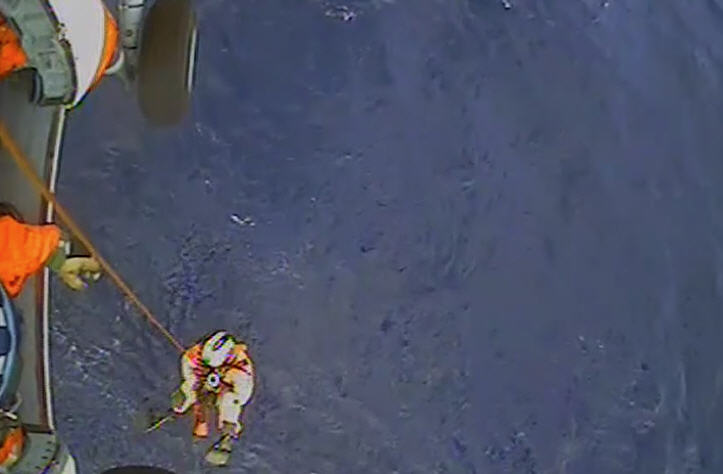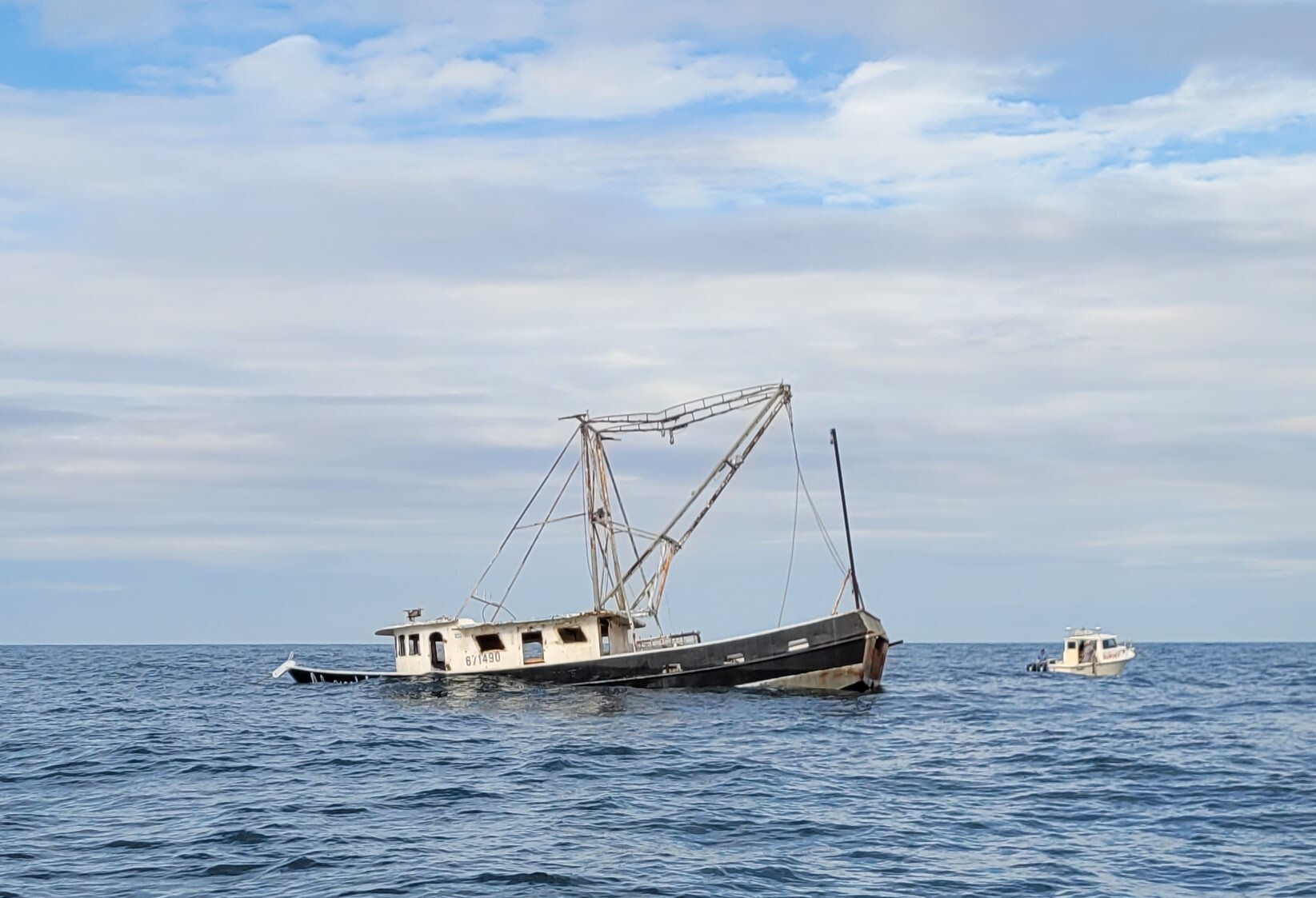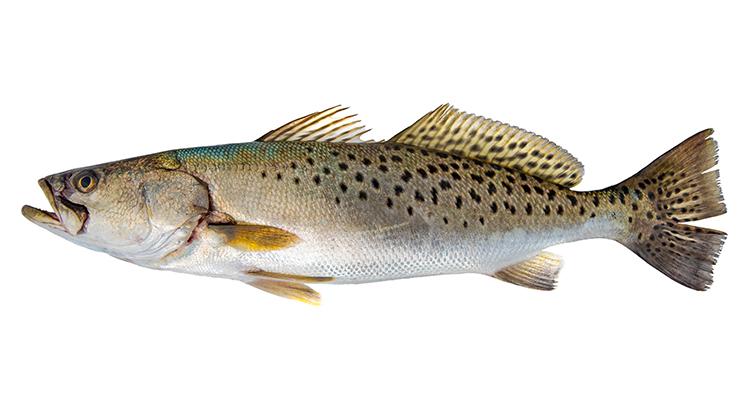Critics Say N.C. Marine Fisheries Commission Emergency Meeting Could Set Troubling Precedent
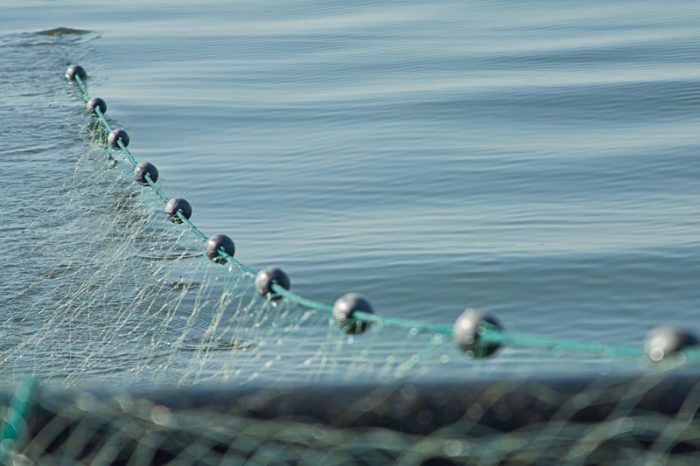
On Wednesday, March 13, the North Carolina Marine Fisheries Commission (NC MFC) held an Emergency Meeting in Kinston, N.C. to discuss directing the Division of Marine Fisheries Director, Steve Murphey, to issue a proclamation restricting the use of gill nets in the Neuse and Pamlico Rivers.
The meeting stemmed from a similar request made by the MFC at their February 2019 business meeting, and after reviewing that initial request, Director Murphey chose not to issue the proclamation.
However, a statute is in place that authorizes the commission to consider “directing” – or forcing the hand of – the fisheries director to issue a proclamation, regardless of refusal, which the commission approved at the emergency meeting in a 5-4 vote.
The emergency meeting motion, (which mirrored the originally declined February motion), entails implementing a year-round closure upstream of the Bayview-Aurora Ferry in the Pamlico River, and upstream of the Minnesott Beach-Cherry Branch Ferry in the Neuse River.
In a letter sent on March 4 to the commission, Director Murphey outlined his reasons for the initial February refusal, stating that the scientific data did not support such a ban.
“While I respect the concerns of both the public and the MFC, after careful consideration I have concluded that such a measure is not supported by the scientific data that support gill nets as the primary or even the most significant source of discard mortality,” the letter stated.
Murphey also outlined the supporting evidence for the decision in the letter, citing survey data and listing gill net regulations already in place.
“On-board observer data and empirical in-situ field studies by the DMF has shown these large mesh regulations have decreased striped bass discards significantly (potentially up to 75%) compared to pre-2008 estimates of striped bass discards before the tie downs, and distance from shore regulations were implemented,” the letter read.
It was this March 4 refusal which prompted five Commission members, including Chairman Rob Bizzell, to write letters to the Chairman (Bizzell) requesting an emergency meeting, per the statute that authorizes the commission to consider directing the fisheries director to issue a proclamation.
An announcement was made on Monday, March 11 that the emergency meeting would be held in two days’ time on Wednesday, March 13. Though the quickly scheduled meeting was open to the public, the MFC stated they would not accept public comment during the proceedings.
Once the commission votes under this provision to direct issuance of a proclamation, the fisheries director has no discretion to choose another management option and is bound by law to follow the commission decision.
In these cases, under existing law, the decision of the commission to direct the Division of Marine Fisheries Director to issue a proclamation is final and can only be overruled by the courts.
The hastily called emergency meeting and its approved motion to move forward with the ban and force the director’s hand have drawn criticism from stakeholders throughout the North Carolina coast, which includes fishermen close to home on the Outer Banks.
“If they can do that, i.e., anything they feel like when they please, what does that say about the future of [our waters] and watermen? That’s the bigger issue,” said Capt. Ernie Foster of the Albatross Fleet. “They’re basically saying ‘no one can stop us,’ and they totally ignored the scientific data, and that’s very concerning for us going forward.”
NC Department of Environmental Quality Secretary Michael S. Regan also issued a statement on the emergency meeting and the ensuing proclamation.
“I am disappointed by the Marine Fisheries Commission calling an emergency meeting with only 48 hours’ notice for a non-emergency,” the statement read. “The Commission used bad judgment in directing the Division of Marine Fisheries Director to take actions that contradict science and the recommendations of the division’s scientists. I certainly hope this is not a precedent we will see again from this Commission.”
The North Carolina Fisheries Association also weighed in on the proceedings soon after the meeting was held.
“The NCFA believes the Commission acted in bad faith showing total disregard for the facts and science that was presented to them and we are currently exploring options for challenging their actions,” said Executive Director Glenn Skinner of the North Carolina Marina Fisheries Association in a statement.
Going into effect on Monday, March 18, the proclamation will remain in place until the Striped Bass Amendment for the Central Southern Management Area is completed, (approximately two years).
“The statute empowering the Marine Fisheries Commission to direct issuance of gill net bans in certain areas does not authorize the Secretary or the Department discretion to overturn such a directive,” stated Secretary Regan.
The March 4 letter from Director Murphy can be viewed in its entirety here. The next meeting of the NC MFC is slated for May 15-17.


